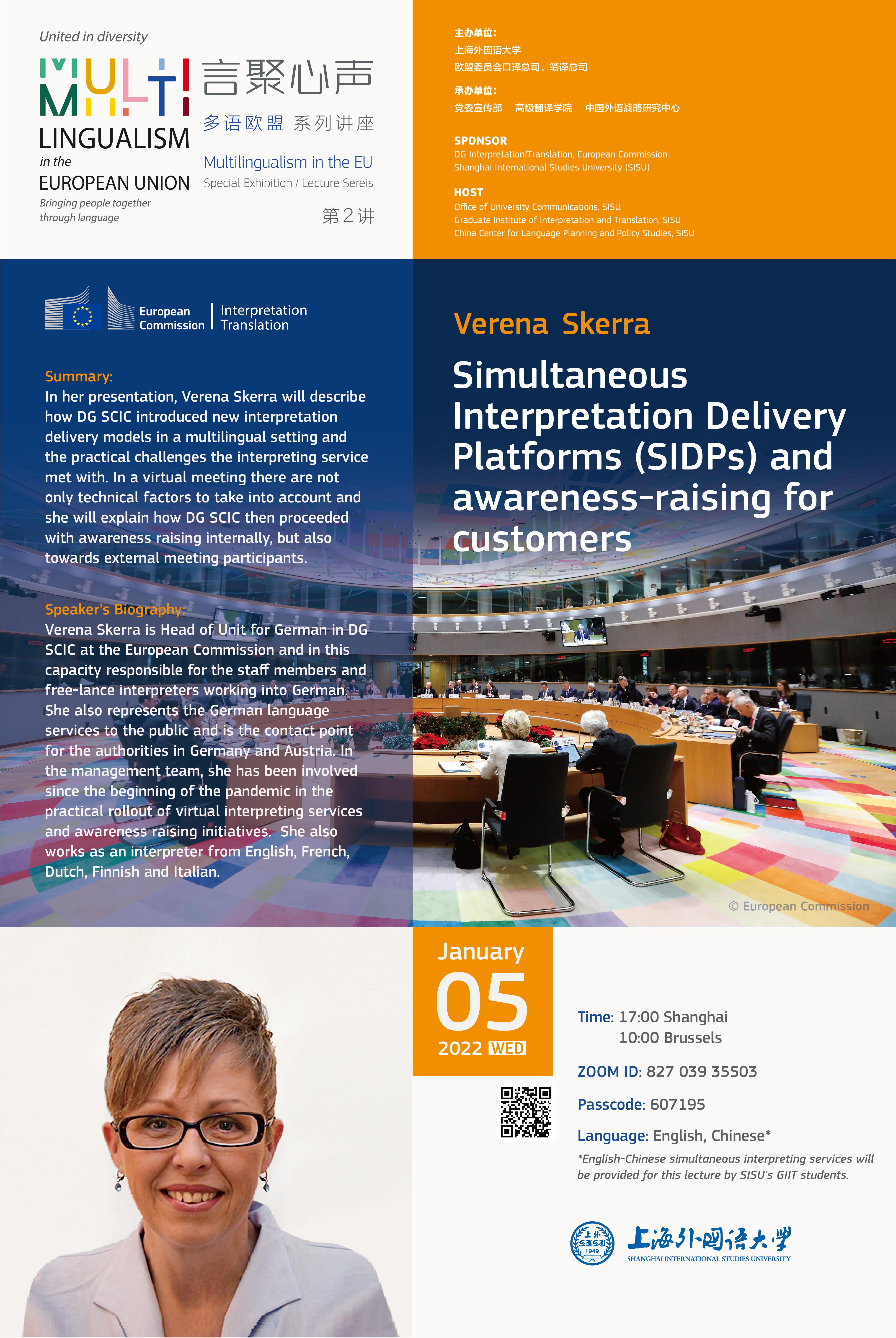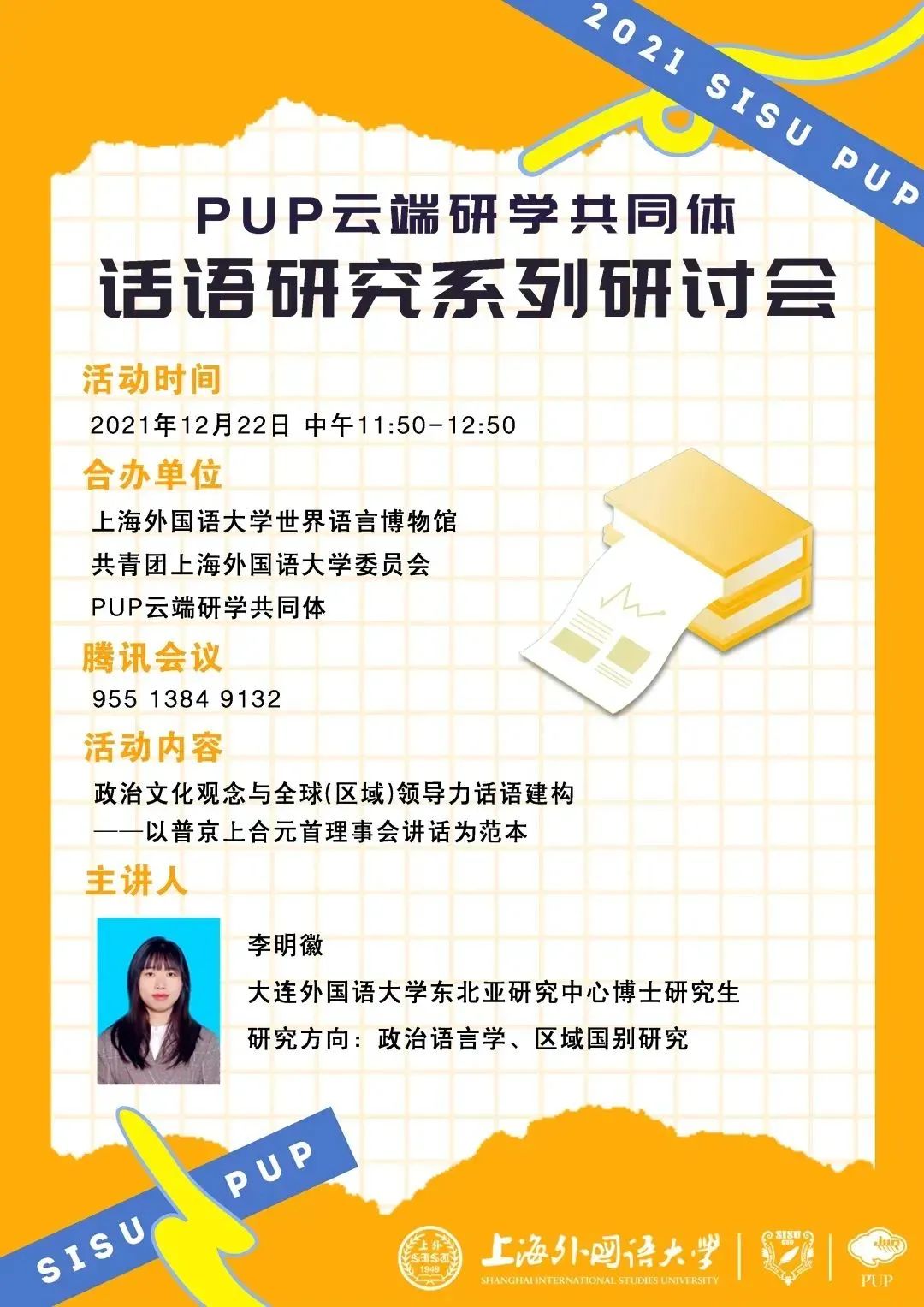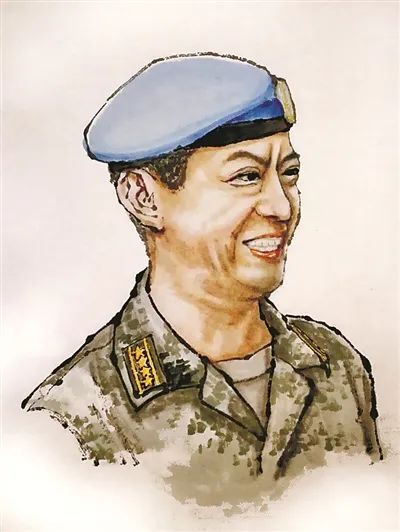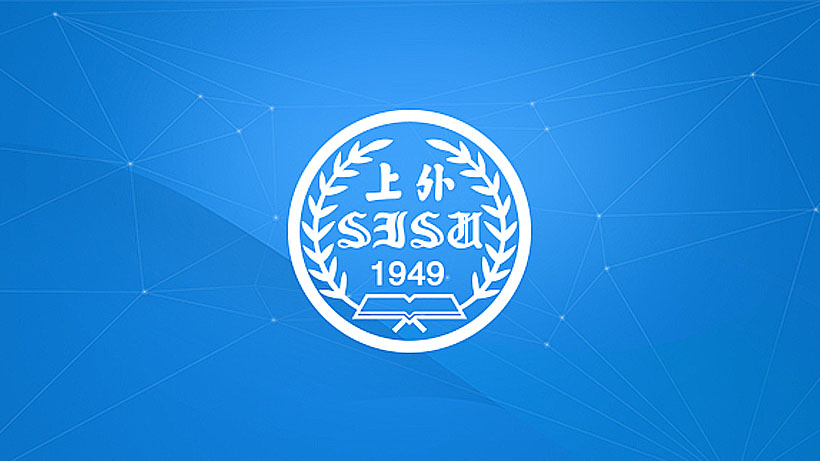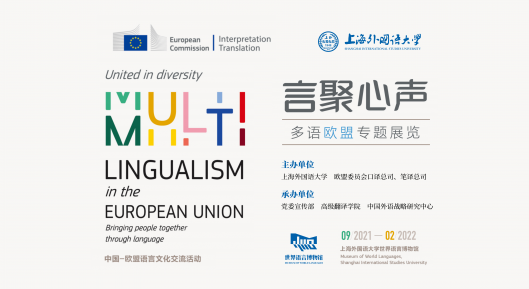
In her presentation, Verena Skerra will describe how DG SCIC introduced new interpretation delivery models in a multilingual setting and the practical challenges the interpreting service met with. In a virtual meeting there are not only technical factors to take into account and she will explain how DG SCIC then proceeded with awareness raising internally, but also towards external meeting participants.
Verena Skerra
Verena Skerra is Head of Unit for German in DG SCIC at the European Commission and in this capacity responsible for the staff members and free-lance interpreters working into German. She also represents the German language services to the public and is the contact point for the authorities in Germany and Austria. In the management team, she has been involved since the beginning of the pandemic in the practical rollout of virtual interpreting services and awareness raising initiatives. She also works as an interpreter from English, French, Dutch, Finnish and Italian.
新闻报道

